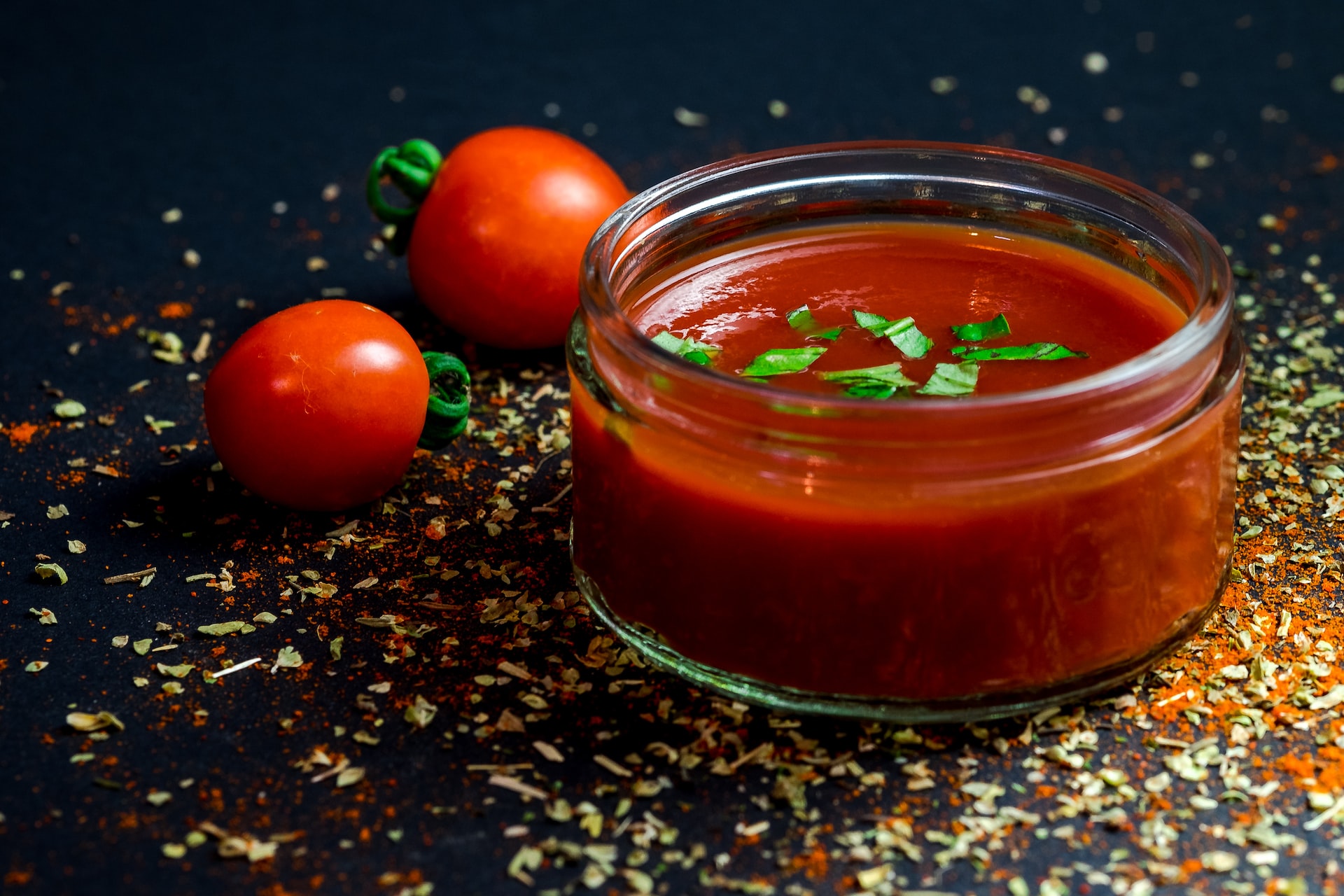Are you looking for ways to add flavor and variety to your meals? Homemade sauces are a great way to do just that. From tomato-based sauces, pesto, vinaigrette’s and more, homemade sauces can make any meal more delicious. But how long can these homemade sauces really last? This article will provide insight into the shelf life of various homemade sauces as well as tips for proper storage and safety considerations when it comes to eating them. So if you’re wondering how long your favorite sauce will stay good in the fridge or freezer, read on!
How Long Do Homemade Sauces Last?
The shelf life of a homemade sauce depends on the type of ingredients used in it. Generally, tomato-based sauces will last around four days to one week in the refrigerator. Pesto and vinaigrette should be consumed within three days. Cream-based sauces like Alfredo and cheese sauce can keep for up to five days in the refrigerator. If you plan to store homemade sauces in the freezer, they will typically last for two to three months.
Tips for Storing Homemade Sauces
When storing a homemade sauce, make sure it is stored in an airtight container or jar and kept in a cool, dry place. It’s also important not to leave your sauces out at room temperature for long periods of time as this can cause bacteria to grow. It’s also important to label and date your sauces so you know when it was made and when it should be used by.
Safety Considerations with Homemade Sauces
When eating homemade sauces, make sure they are heated up to at least 165 degrees Fahrenheit before consumption to kill bacteria and ensure they are safe to eat. This is especially important for sauces that have been stored in the refrigerator or freezer for a long time. If you see any signs of spoilage, such as mold or an off-odor, discard immediately.
Difference Between Shelf Life With Store Bought Sauces and Homemade?
Store bought sauces typically have a much longer shelf life than homemade sauces due to the added preservatives such as salt, sugar and other stabilizers. Generally, store bought sauces can last up to six months in the pantry and up to one year in the refrigerator or freezer. However, it’s always important to check the expiration date on the label before consuming any store-bought product.
In conclusion, homemade sauces can add flavor and variety to your meals. But it’s important to know the shelf life of various homemade sauces as well as tips for proper storage and safety considerations when it comes to eating them.
Best Containers To Store Homemade Sauces
The best containers to store homemade sauces in are mason jars, glass jars or other airtight containers. Make sure there is no air left in the container and it is tightly sealed before storing in the refrigerator or freezer. Plastic bags can also be used for storing sauces but may not be as effective at preventing bacteria growth.
Is It Worth Buying Ready Made Sauces For Shelf Life?
Ready made sauces made by big brands like Heinz and Del Monte generally have a much longer shelf life than homemade sauces. These store bought sauces often contain preservatives that help to extend their shelf life and make them more convenient to use. However, it’s important to note that they may not be as fresh or flavorful as homemade sauces.
At the end of the day, it comes down to personal preference and budget. If you are looking for convenience, then purchasing store bought sauces may be a better option. However, if you’re looking for freshness and flavor, then making your own sauces at home and storing them in the best methods you possibly can is the way to go!
Final Thoughts
In conclusion, homemade sauces are a great way to add flavor and variety to your meals. However, it’s important to understand the shelf life of various sauces, as well as proper storage tips and safety considerations when it comes to eating them. Store bought sauces typically have a longer shelf life, however homemade sauces provide fresher flavors. Ultimately, it comes down to personal preference and budget when it comes to choosing the right type of sauce for you. With the right knowledge, you can make sure that your homemade sauces are stored properly and enjoyed safely.
